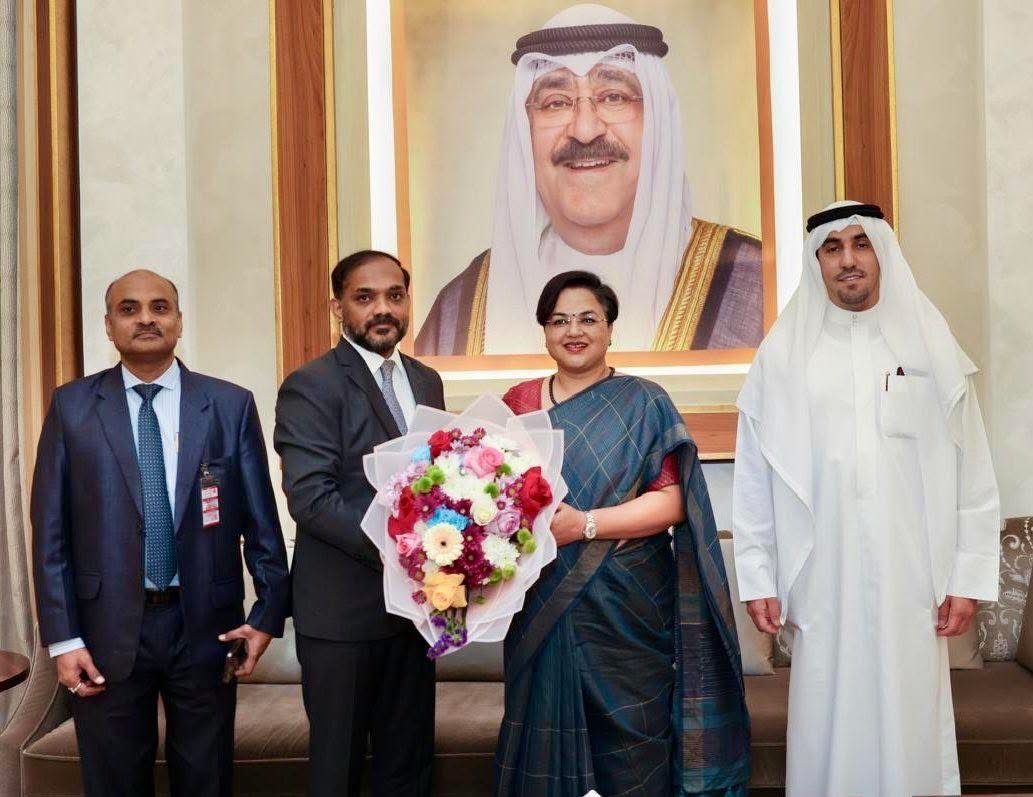Kuwait is a major oil producer that purchases its own fuel
Despite operating around six refineries — including the Al-Zour refinery, one of the largest globally and inaugurated only a year and a half ago — Kuwait continues to import gasoline to meet growing domestic demand.
This dependence on imports persists because current refining capacity cannot fully cover local consumption, especially during periods of scheduled maintenance or unexpected shutdowns.
According to industry sources, the Kuwait Petroleum Corporation (KPC) recently purchased 35,000 tons of 95-octane gasoline for delivery at the end of November.
A similar volume was imported in October following a fire at the Al-Zour refinery. Kuwait’s reliance on imported gasoline became particularly noticeable in 2017, often sourced from neighboring Gulf countries through cooperative arrangements, though emergency purchases from the spot market also occur.
There are several key reasons behind this ongoing need for imports:
Refining capacity limitations — Kuwait’s refineries sometimes struggle to meet rising domestic demand, creating supply gaps that must be filled through imports.
Scheduled maintenance shutdowns — Routine maintenance—such as recent work at the Ahmadi refinery, which cuts production by almost half—necessitates temporary imports to compensate for reduced output.
Unplanned outages — Unexpected shutdowns or technical disruptions can suddenly increase the need for imported fuel.
High domestic demand — Seasonal surges, including during school holidays, place additional pressure on available supplies.
Regional market dynamics — Strong demand in Asian markets can reduce the availability of petroleum products in the region, pushing Kuwait to import gasoline to secure its needs.
Kuwait’s status as the world’s sixth-largest oil producer raises recurring questions about why it still imports gasoline, whether refinery limitations are the root cause, and whether importing is economically sound. Some observers estimate the import cost at roughly 150 fils per liter.
Sources note that surging domestic consumption—driven largely by the rapid increase in the number of vehicles—has outpaced local production.
Despite Kuwait’s sophisticated refining infrastructure, gasoline output remains insufficient due to limited extraction and production rates. This makes refining less profitable and adds little value to Kuwait’s abundant crude resources.
Analysts argue that importing gasoline may actually be more cost-effective: producing one liter domestically costs between 155 and 163 fils, making imports comparatively cheaper for the state budget. Without strategic planning and strong operational management in the refinery sector, Kuwait has effectively become a gasoline-importing country despite its position as a major crude oil exporter.
Gasoline consumption in Kuwait is projected to grow steadily—by as much as 4 percent annually—reaching around 4.5 billion liters per year. Current consumption is estimated at 4.8 million liters per day for “Special” gasoline and 6.9 million liters per day for “Premium,” though these remain approximate figures.
As for proposals to privatize certain oil sector projects, some experts welcome greater private-sector involvement.
However, a critical question remains: Would privatization help Kuwait produce enough gasoline to eliminate the need for imports, or would the country continue to rely on external suppliers despite its vast crude reserves?












